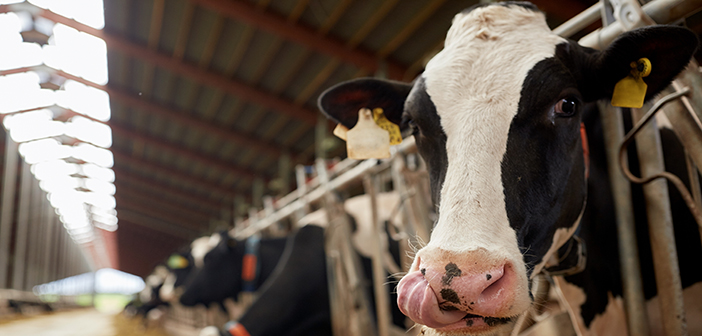The RSPCA has welcomed Defra’s details of a subsidy scheme which will see farmers incentivised for improving the welfare of billions of farm animals in England.
Environment Secretary George Eustice announced a number of schemes under the Animal Health and Welfare Pathway including new schemes that will financially reward farming to higher welfare standards.
The announcement includes some of the key areas the RSPCA has campaigned on such as calling for all hens to be cage free, ending farrowing crates for pigs and encouraging farmers to sign up to the Better Chicken Commitment to improve welfare for many millions of birds.
Dr Marc Cooper, head of the Farm Animals Department at the RSPCA, said: “This is a ground-breaking moment for improving the welfare of billions of farm animals and is a key step in our ambitious goal for seeing at least half of all farm animals reared to RSPCA welfare standards by 2030.
“These payments will enable farmers to replace cruel cages for hens with cage-free systems, rear chickens that have better health and welfare and end routine tail docking in pigs. We know the public is concerned about farm animal welfare and so this is a positive step in improving the lives of farm animals across England.”
As part of the move to make it easier for farmers to improve animal welfare, incentives will be given for a range of areas, including:
- Implementing the Better Chicken Commitment which requires slower-growing breeds of meat chickens, lower stocking densities and restrictions on thinning birds;
- Shifting away from the use of enriched cages which can restrict a hens’ normal behaviour such as dustbathing;
- Moving away from farrowing crates for pigs which can restrict a sow’s nesting behaviour;
- Reducing stressors on pigs and addressing the underlying cause of trigger tail biting, such as poor environmental enrichment so that farmers will no longer need to dock pigs’ tails;
- Reducing lameness and mastitis in dairy cows and decreasing the environmental impacts of farming; and
- The use of pain management, for example during castration and tail docking of sheep to reduce the impact these procedures can have on animals.
Dr Cooper added: “These are key areas that we want to see improved and have been calling on Defra to include as part of their incentives to farmers for four years and so we’re really pleased to see this becoming a reality now. We look forward to working with the industry to make some really positive changes.”
As part of the Pathway, the Government will also fund an annual visit from a high-quality vet for cattle, sheep and pig farmers to provide vital advice relating to the health and improving the welfare of their animals.


